The NCLT, Kolkata Bench on March 25, 2022 in the case of Anand Kariwala v. Mr. Partha Pratim Ghosh, held that initiation of Corporate Insolvency Resolution Process (“CIRP”) against the Corporate Debtor does not bar the suspended Board of Directors (“BOD”) from objecting to the acts of the Resolution Professional (“RP”), if the same are prejudicial to the interests of the Corporate Debtor, or is in violation of any law or procedural requirement.
In the instant case, the applicant, who is the suspended member of the BOD of the Corporate Debtor filed an application u/s 60(5) of the Insolvency and Bankruptcy Code, 2016 (“IBC”) seeking to set aside the resolution plan proposed by the resolution applicant on the ground that the same is undervalued. CIRP against the Corporate Debtor was initiated in 2019. The applicant received a notice for handing over the vehicle of the Corporate Debtor. Only when such a notice was received, did the applicant come to know that the meetings of the Committee of Creditors (“CoC”) were held and that he had not been given notice of the same. The applicant also contended that the Corporate Debtor was being sold at an undervalued price of Rs. 3.4 Crores.
With respect to role of BOD once the CIRP begins, the tribunal was of the view that the role of BOD is limited to assisting and cooperating with the RP for smooth resolution of the Corporate Debtor.
The Bench observed-
“But this limited function does not bar the suspended Board of Directors to object the act of the Resolution Professional if the act of the Resolution Professional is prejudicial to the Corporate Debtor, or is in violation of any law or procedural requirement.”
With respect to the objection of the applicant that the Resolution Plan does not maximize the assets of the Corporate Debtor and thus violated the objective of the IBC, the Bench observed-
“The Applicant has failed to consider that the object of the Code in totality that is not only to maximise the assets of the Corporate Debtor but the primary objective is to give the Corporate Debtor a new lease of life. That is why the stress is given in reviving the Corporate Debtor as a going concern, if possible and the liquidation followed by the dissolution is supposed to be the last resort.”
The NCLT relied on the judgment of the Supreme Court in Ebix Singapore (P) Ltd. v. Committee of Creditors of Educomp Solutions Limited, wherein it was held that inordinate delays cause commercial uncertainty, degradation in the value of the Corporate Debtor and makes the insolvency process inefficient and expensive.
The Tribunal dismissed the application filed by the applicant and stated that the Resolution Plan has been submitted to revive the Corporate Debtor as a going concern and is in compliance with the IBC. A Resolution Plan cannot be rejected based on a perceived grievance by a member of the Suspended Board, who has not taken any steps to participate in the meetings of the CoC.

